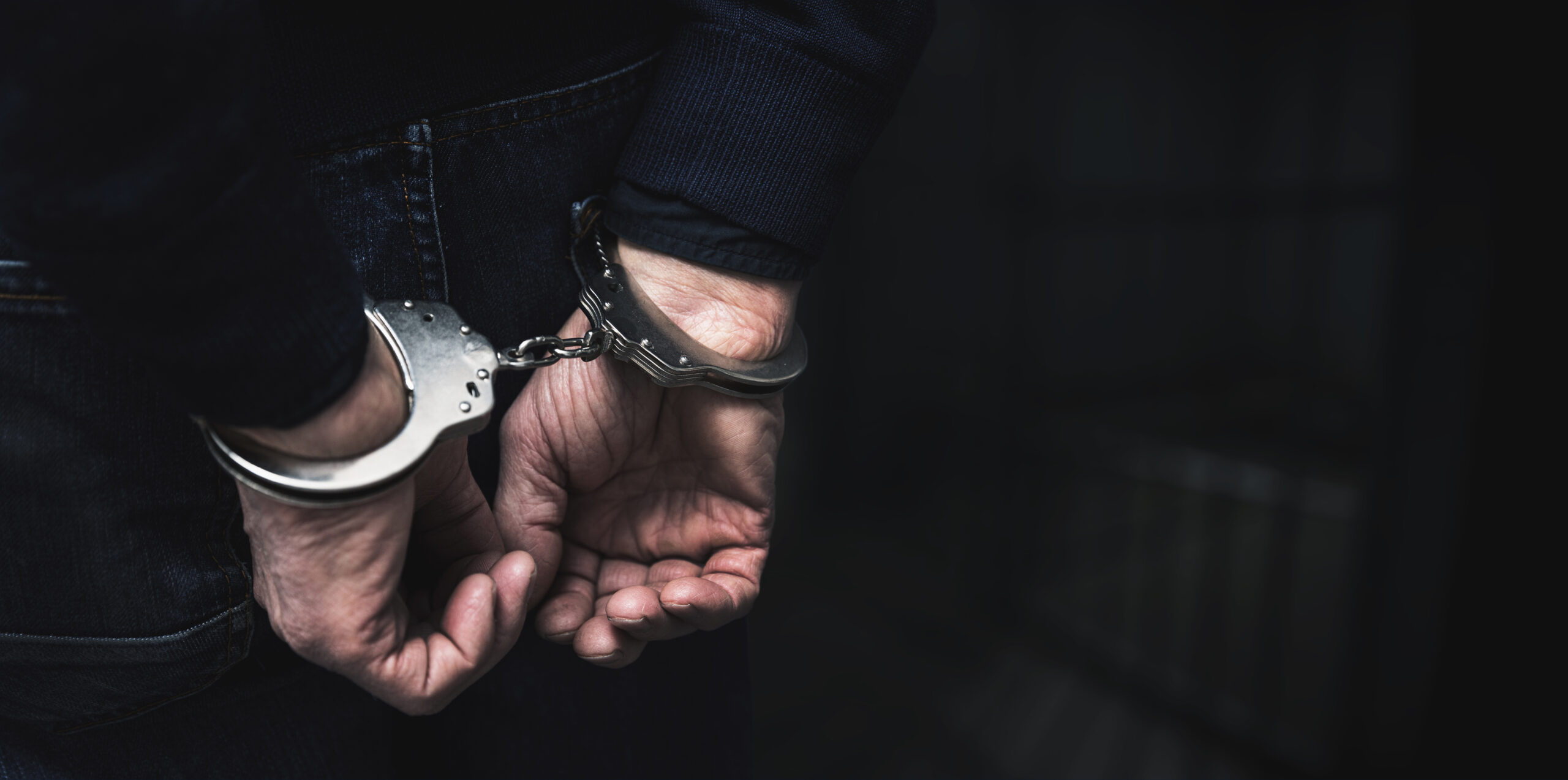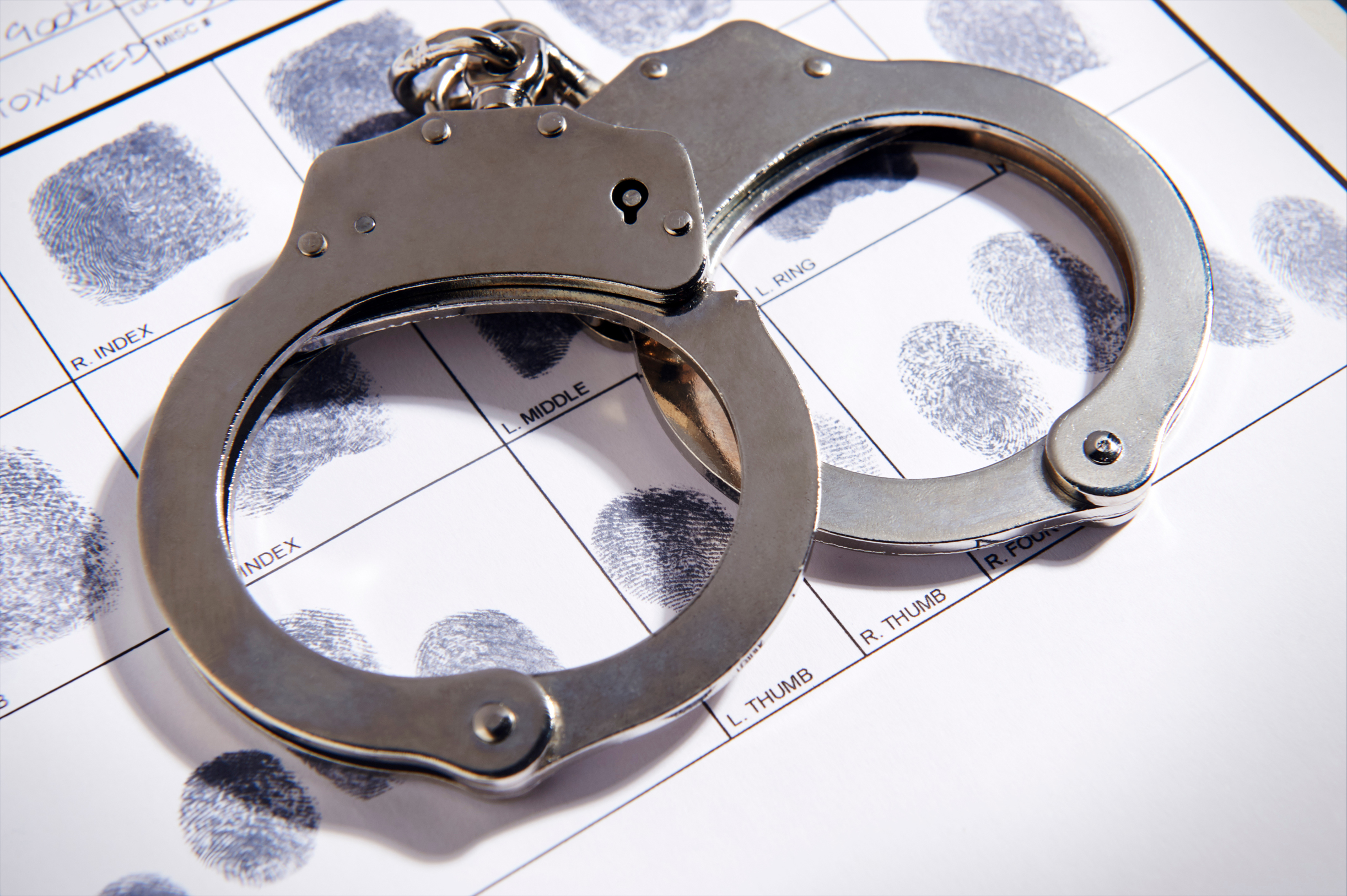The two-hour rule in Pennsylvania DUI cases refers to state statute Chapter 38, which says that any blood or breath test for a driver suspected of drunk driving should occur within two hours of the last time the driver operated the motor vehicle. Some exceptions to this two-hour rule exist, but it provides the standard for law enforcement to follow in DUI cases.

Initial Testing Procedures for Suspicion of Drunken Driving
When police suspect a driver of violating a traffic law in Pennsylvania, they must follow specific steps. Any deviation from these steps could contaminate the process of gathering evidence, leaving the driver with a chance of avoiding conviction. The two-hour rule is part of these steps.
The steps that typically occur in a drunken-driving arrest include the following:
Making a Traffic Stop
Police may pull over a driver in a traffic stop if the officer has a reasonable suspicion that the driver is under the influence of alcohol or drugs. Some of the behaviors that fit under this definition of reasonable suspicion include:
- The driver operating the vehicle at oddly varying speeds
- The driver crossing lane lines
- The driver making obvious errors
- The driver violating a traffic law
If the court determines that the officer’s reason for pulling over the vehicle does not meet the requirements of reasonable suspicion, the court may dismiss the charge.
Establishing Probable Cause
Once the officer stops the vehicle, they then need to establish probable cause about the driver’s level of impairment before starting the DUI testing process. This involves the officer watching the driver for certain behaviors, including:
- Slurring their speech
- Emitting an alcoholic odor
- Struggling to understand commands
- Physical movements that suggest impairment
- Admitting to drinking alcohol or taking drugs
- Seeing open alcohol containers in the vehicle
Again, if the court determines the officer’s explanation of probable cause did not exist, the court may dismiss the case.
Performing Field Sobriety Tests
With probable cause established, the officer can then ask the driver to undergo in-field sobriety tests. Some of these tests can include:
- A horizontal gaze test
- A walk-and-turn test
- A one-leg standing test
- A test that involves reciting the alphabet
Should the officer determine that the driver failed the tests, they can arrest the driver on suspicion of DUI.
Officers who perform these tests often have specific training in how to administer them and what to look for from the driver that indicates intoxication. If the officer’s training is lacking, our Pennsylvania DUI attorney may be able to use this information to ask the court to dismiss the case.
Tests That Lead to Enforcement of the Two-Hour Rule
After reaching this point in the traffic stop, the officer will need to take an official measurement of the driver’s level of impairment. In order to fit within the two-hour rule, an official test should occur within two hours of the last time the driver operated the motor vehicle.
State law sets up the two-hour rule because testing shows that any measurement taken after the two-hour period may not be as accurate as a measurement during the two-hour period.
If the measurement occurs after the two-hour window and does not have an allowable exception, the test may be dismissed as evidence in your case. If he or she tries to use a test that violates the two-hour rule as evidence, count on our team to object, which hopefully strengthens your chances of avoiding a conviction.
Measurement Methods Allowed
To take a measurement that fits the two-hour rule, the officer should use one of two testing methods:
- Breath test
- Blood test
A blood test is generally more accurate than a breath test. So even though an officer may administer a breath test easily within the two-hour window, a prosecutor may prefer to have a blood test as evidence.
This means the officer needs to take the driver to a facility that can obtain a blood test as quickly as possible. If the process goes too slowly, it is possible that a blood test draw may occur outside the two-hour window, leading to a potential dismissal of that evidence.
Legal BAC Limits
According to the Pennsylvania Department of Transportation (PennDOT), any driver with a blood alcohol content (BAC) of 0.08% or greater could receive a DUI charge. (A breath test will also generate a BAC number, even though it does not involve drawing blood.)
If the driver’s breath test indicates a measurement just a little over 0.08%, a prosecutor may hesitate to bring DUI charges because of the lack of accuracy of the breath test versus a blood test. The prosecutor may want to rely on the measurement from a blood test in a case like this.
However, if the officer cannot obtain a blood test within the two-hour timeframe, it may not be usable in court. For this reason, it is important for our legal team to know exactly when your breath and blood tests occurred.
Do Any Exceptions to the Two-Hour Rule Exist?
One primary exception to this rule involves the prosecutor arguing that the officer had no reasonable ability to obtain a test within two hours. The prosecutor may argue that you, as the driver, failed to cooperate with the testing process, delaying things beyond the two-hour window.
If this happens in your case, our DUI defense team may be able to introduce facts that show the prosecutor’s argument is incorrect. This could allow us to achieve a reduction or dismissal of your charge.
Our Legal Team is Ready to Help with Your Pennsylvania DUI Case
The consequences of a drunken-driving conviction can be devastating to the lives of drivers in Pennsylvania. Our drunken driving attorney is ready to begin working on your behalf as soon as you choose to hire us.
Call the McKenzie Law Firm, P.C., as soon as possible for a discussion of your case.



